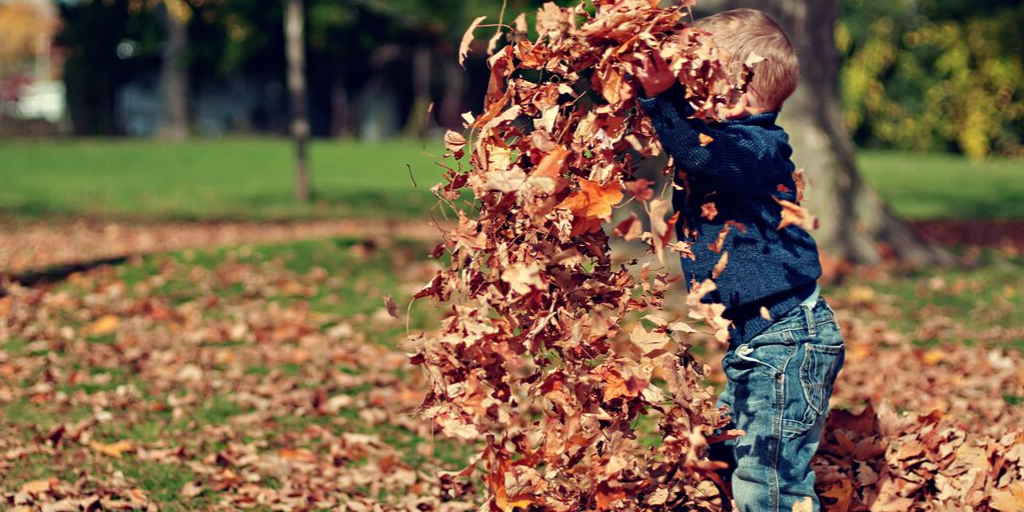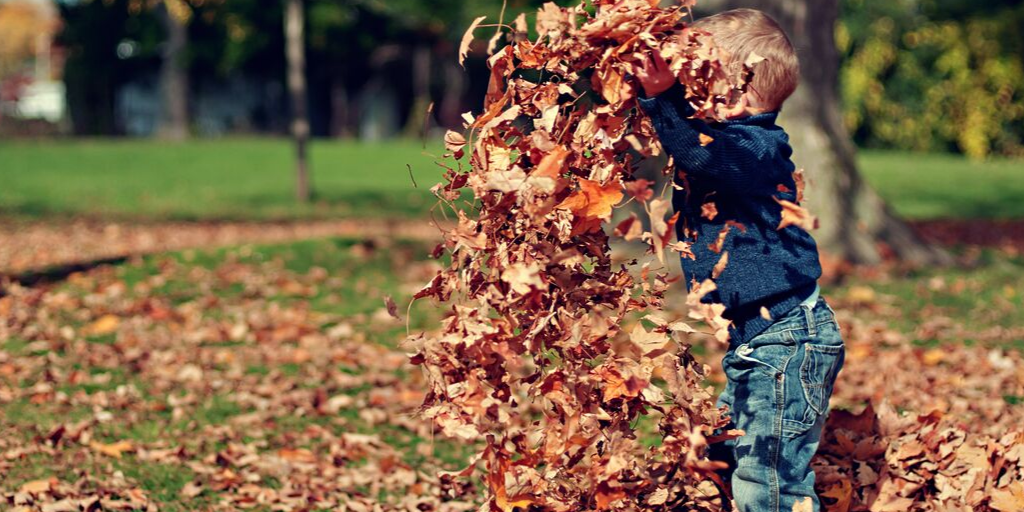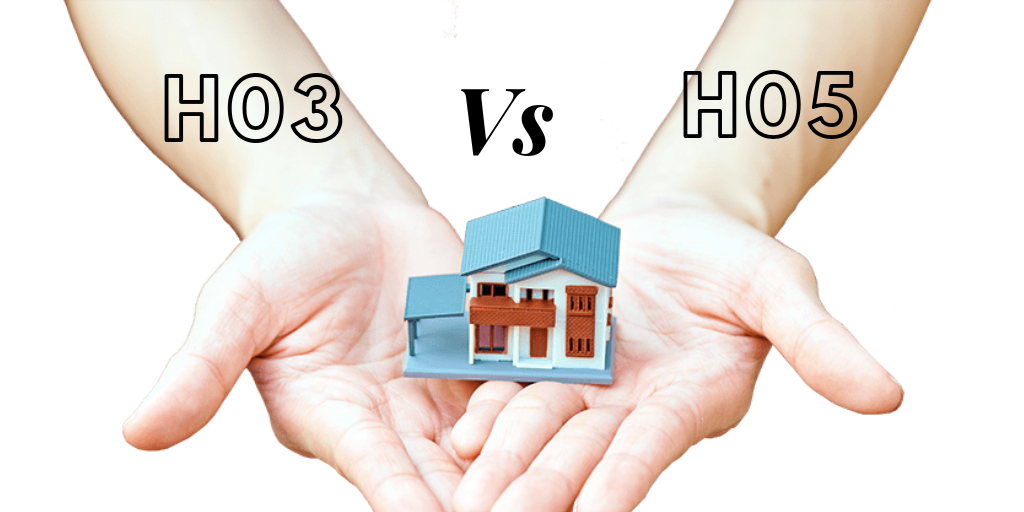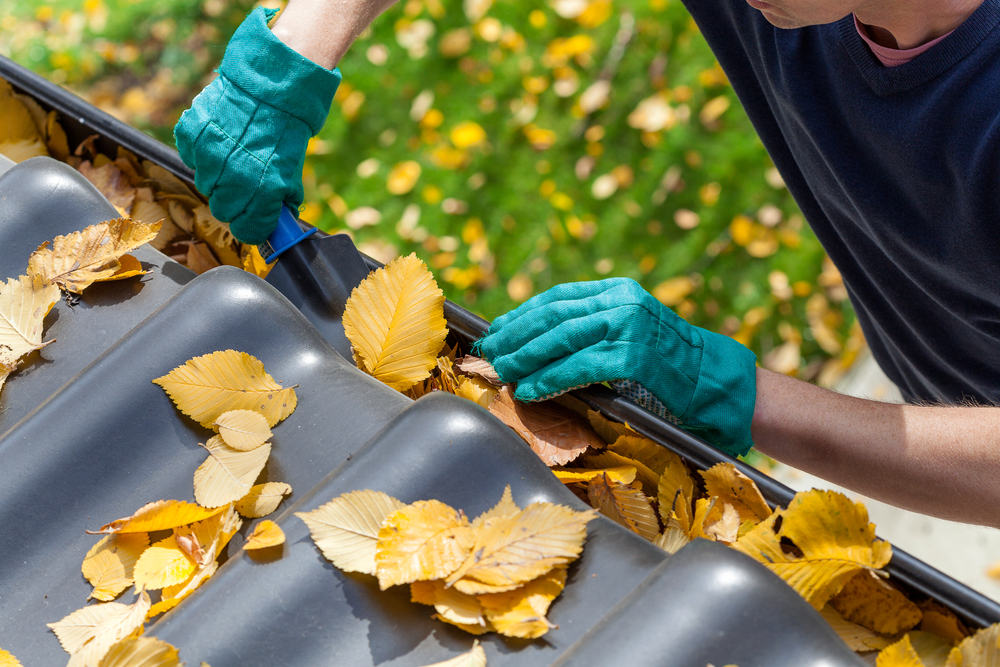HO3 VS. HO5 Homeowners Policies. What's the difference?
From time to time, we get precise insurance questions such as "HO3 vs.HO5: What's better, and What's the difference?"


Fall is approaching fast, which means that a cold, let's be honest (cooler) —and possibly— some snow, or maybe a couple of harsh winter freezes might be on the way. Whether your home weathers deep freezes or more mild-winter conditions, now’s the time to prepare your property for the upcoming season.
Here are 10 fall home maintenance tasks to help get your home property ready for cooler weather.
Fall foliage is beautiful, or more of a pain in Louisiana, but it can wreak havoc on your property. Before winter comes, you need to dispose of the leaves and debris that pile up. Clogged gutters can cause water to build up around your building’s foundation, and once the temperature drops below freezing, water that spills over the tops of your gutters can turn into ice dams, which can cause gutters to tear off from their attachment points.
Leaves, twigs, and other debris can also cause ice and snow to build up on your roof, which adds weight it might not be able to support. You can clean your gutters and roof yourself with the proper safety precautions, or you can hire a professional.
You should also inspect your roof for any missing shingles or damaged areas that could cause leaks inside the building. Consider it your last opportunity to make repairs before the snow falls.
Leaves, branches, and overgrown landscaping can cause problems when temperatures drop. Trim back dead and overhanging branches, especially on trees close to the roof. If ice builds up, or winds blow too hard, these branches can cause significant damage.
The same thing goes for branches near or touching power lines around your property. The last thing you (and your tenants) want is an electrical outage in the midst of a snowstorm. This task is something a professional should do.
Finally, rake and dispose of leaves. They’ll turn into a soggy mess in ice and snow, damage grass, and reduce evaporation from your lawn, which can cause mold. If you don’t want to re-sod your property when spring arrives, take care of this task yourself or clearly let your tenants know they’re responsible for getting it done.
Freezing temperatures aren’t good for sprinkler systems, faucets, and hoses. Pipes could burst if you don’t drain residual water and close off valves. Start by turning off the main water supply to your property, and then open up each exterior faucet (including those that connect to hoses) to allow remaining water to drain out. You should also leave faucets open slightly when freezing weather is imminent, in case ice forms inside and needs to expand. Drain, roll up, and store hoses inside.
If your property has communal patio or porch space or is a furnished rental, cover outdoor furniture with fitted waterproof or weatherproof material to protect it from the elements. Cold and wet conditions can quickly damage fabric, cushions, and wood frames. Make sure covers are secure and can’t blow away in the wind or rain. Alternatively, if you have a basement, garage, or shed, store furniture indoors.
Cold winter air that flows in through cracks in windows and doors isn’t just unpleasant—it can also raise your tenants’ heating bill and make them feel miserable all winter. There are many types of weatherstripping, so it’s important to identify air leaks and choose the right material to seal each one. Consider the expected temperature fluctuations and the amount of traffic or exposure to the outdoors.
Find out if your property needs insulation. Check insulation levels in attics and walls to determine if you need to add insulation or make other energy-efficient repairs.
When the first winter storm hits, the last thing you’ll want to do is dig behind the lawnmower and a pile of gardening tools to reach the shovels and snowblower. If you take care of lawn maintenance for your apartment building or rental and store your equipment onsite, rearrange your garage, shed, or storage area so the items you’ll need most are within reach. Get rid of clutter, and consider installing shelving, hooks, or other storage systems to keep items organized all year-round.
If your property has active fireplaces, clean them out before the weather cools. Ashes and oils that build up in fireplaces can cause flames to get out of control, which is hazardous for your tenants and your property. You can clean fireplaces yourself with a few basic cleaning products.
Clean or replace your HVAC filters, this should be done once a month or periodically depending on your filter type. Dirty filters can cause your furnace to run less efficiently, which means higher bills, poor heat output, and excess wear and tear on your unit. You should have filters serviced annually at the very least, and more often, if your tenants have pets or you live in a windy or wildfire-prone area.
You should check smoke alarms and carbon monoxide detectors regularly, but it’s especially important if you are running the heat and using a fireplace during colder months. The U.S. Fire Administration recommends testing smoke alarms once a month and replacing them every 10 years. CO2 detectors last an average of five years, and it’s best to test them when you check your smoke detectors. While you’re at it, make sure there’s a fire extinguisher on hand and that you know how to use it.
Create an emergency plan that details who to call if a pipe bursts, the sewer backs up, or the heat stops running. Include contact information and steps to take until help arrives. Also outline what doesn’t constitute an emergency (a leaky faucet), and how to deal serious events like burglary, vandalism, or a fire.
 Thimmesch Kastner Insurance is a full service insurance broker based in Lafayette, LA. We offer a variety of insurance products, and will work closely with you to explain all of your options, and coverage’s. We listen to your needs, and develop a customized portfolio for your lifestyle. We offer home, car and auto, liability (Umbrella), health, life, commercial (business), motorcycle, ATV, UTV, RV, and Boat Insurance and Cyber Insurance.
Thimmesch Kastner Insurance is a full service insurance broker based in Lafayette, LA. We offer a variety of insurance products, and will work closely with you to explain all of your options, and coverage’s. We listen to your needs, and develop a customized portfolio for your lifestyle. We offer home, car and auto, liability (Umbrella), health, life, commercial (business), motorcycle, ATV, UTV, RV, and Boat Insurance and Cyber Insurance.
Lafayette Insurance, affordable insurance, truck insurance, auto insurance lafayette la, commercial insurance, commercial insurance louisiana, marine insurance, hull insurance

From time to time, we get precise insurance questions such as "HO3 vs.HO5: What's better, and What's the difference?"

We talk a lot about preparing your home and family for hurricane season, but what about your business? Living in Louisiana means that hurricane prep...

Winter doesn’t officially start until Dec. 21, 2019, yet much of the U.S. has already experienced below-freezing temperatures, snowstorms, and icy...